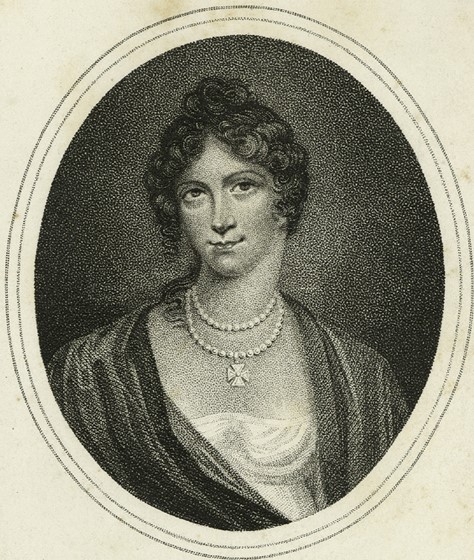Richmond Read-along 84

Welcome back to the Richmond Read-along! Today’s poem is from Helen Maria Williams. Williams was a poet, translator and novelist, who though born in England spent much of her life in France. She was politically engaged with the struggles of her time, writing poems and speaking out against slavery; and she supported the French Revolution, although was later critical of some of the politics which emerged. While she was criticised by those who disagreed with her politics, her works defending her ideals were widely reviewed and often praised. She also entertained a great many other French and English literary figures at her home.
While she became well-known for her non-fiction writing, particularly on France, she first gained recognition for her poetry. Williams’ poems began to be published when she was in her early 20s, and gained her many fans. A young William Wordsworth was particularly struck by her writing, and penned a sonnet to her. As well as abolition, Williams used her poems to speak out against Spanish colonialism, war, and to air her religious convictions. However, today’s poem is not political, but a celebration of nature.
Sonnet to Twilight
Meek Twilight! soften the declining day,
And bring the hour my pensive spirit loves;
When, o’er the mountain flow descends the ray
That gives to silence the deserted groves.
Ah, let the happy court the morning still,
When, in her blooming loveliness array’d,
She bids fresh beauty light the vale, or hill,
And rapture warble in the vocal shade.
Sweet is the odour of the morning’s flower,
And rich in melody her accents rise;
Yet dearer to my soul the shadowy hour,
At which her blossoms close, her music dies—
For then, while languid nature droops her head,
She wakes the tear ’tis luxury to shed.
You can find this poem on Project Gutenberg. Members of Richmond upon Thames Borough Libraries can read more about Williams in the Oxford Dictionary of National Biography.
Join us again tomorrow for the next Richmond Read-along!
